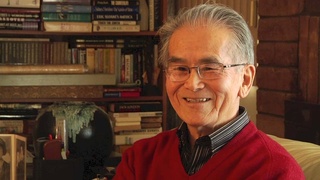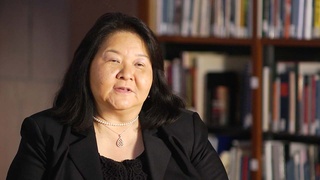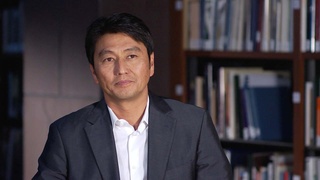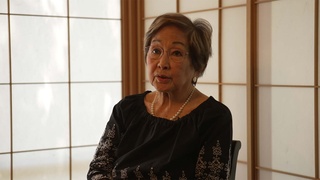Interviews
Decision to remain in the US and become an American citizen
I decided, okay, I should change my life again. So I applied to Cal Poly, they accepted. And then that time I was really not so sure I was able to stay here for a long time. So I told, you know, we are going to come back within three years.
But the, you know, the practice here is very welcoming, my practice. And then children...grown up. So we decided, my wife, “Why don’t we just live here?” Because my son becoming, first son, Koji, becoming citizen. Son become citizen, why parents shouldn’t be citizen, so we decided citizen, 19 – I think ‘89.
Date: August 10, 2016
Location: California, US
Interviewer: Sojin Kim, John Esaki
Contributed by: Watase Media Arts Center, Japanese American National Museum










